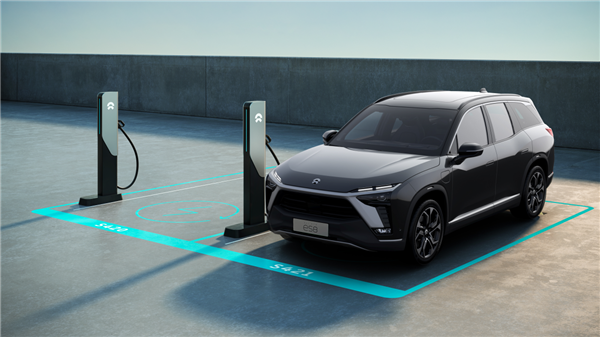NIO said to build battery asset management company to boost separation of battery, vehicle
Shanghai (ZXZC)- Chinese EV startup NIO plans to set up a subsidiary focusing on managing its battery assets and correspondingly launch BaaS (Battery as a Service) products, people with knowledge of the plan said.
The people also revealed that the battery management company is seeking to raise funds, and CATL has already conveyed the investment intention.
The people briefed on the matter added that NIO has been mapping out the company for nearly half a year. It will be established in August to take over NIO's power battery assets and help NIO separate the ownerships of vehicles and batteries.

(Photo source: NIO)
In response to the rumors, NIO said there has been not much information to share and the fact should be subject to the company's formal announcement.
CATL declined to comment after being reached by a local media outlet.
William Li, founder, chairman and CEO of NIO, disclosed the startup's progress on the innovative business model of BaaS during NIO’s 2020 Q1 earnings call. He stated that “it is widely acknowledged that we have always been working on the chargeable, swappable, and upgradable battery service model based on the separation of vehicle and battery. Based on the latest published policy, we will speed up the development of BaaS products and service solutions which are planned to release to users in the second half of this year.”
In April, Chinese policy maker jointly issued the latest NEV subsidy policy, which clearly encouraged the development of battery swap technology and the business models based on the separation of battery and vehicle. Under the new policy, NIO is the only premium EV brand with products priced above RMB 300,000 ($42,893), yet still receiving the national EV subsidy, said William Li.
As of today, the EV startup has deployed 137 battery swap stations in 61 cities nationwide.

